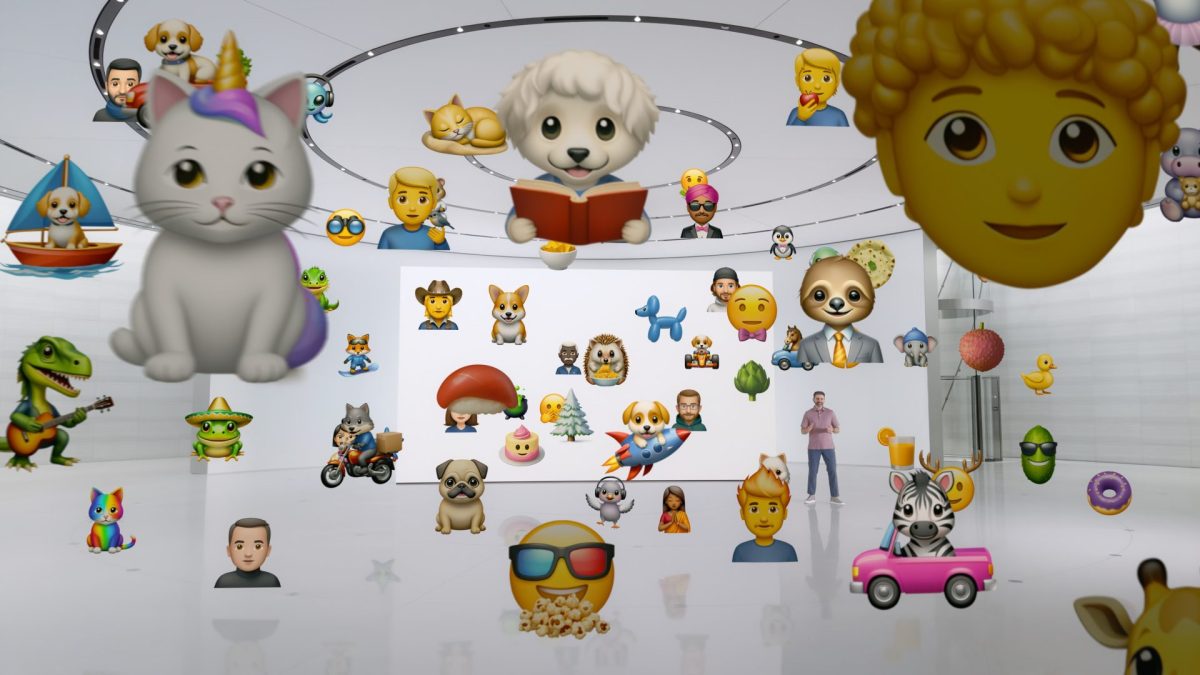Apple on Wednesday rolled out the latest developer beta release of its top operating systems, including iOS 18.2, iPadOS 18.2, and macOS Sequoia 15.2. The releases arrive a week prior to the public launch of iOS 18.1, iPadOS 18.1, and macOS Sequoia 15.1 — though Apple has yet to specify a day.
Next week’s arrivals mark the first time Apple Intelligence features will be available to the public in a non-beta form. These include integrated writing tools, image cleanup, article summaries, and a typing input for the redesigned Siri experience.
Those braver souls currently enrolled in the developer beta program will get access to a number of additional Apple Intelligence features that were unveiled in June at the company’s annual WWDC event. These features include Genmoji, Image Playground, Visual Intelligence, Image Wand, and ChatGPT integration.
First-time Apple Intelligence users will be required to opt in to the feature through Settings. Users will also be required to give permission to enable ChatGPT functionality. The third-party generative AI platform is being integrated in two keys: answering questions through Siri and as a compositional tool located within Writing Tools.
The Siri option surfaces when the assistant is asked a question for which it can’t find immediate answers. When this occurs, the system will ask permission to access OpenAI’s platform. Recipes and trip planning are two common features that will likely trigger the function.
Compose, meanwhile, is integrated into all apps with access to Writing Tools (and first-party and many third-party apps). Much as they would through the stand-alone ChatGPT platform, users enter a prompt and the service writes text. These apps will have access to ChatGPT’s image generation platform as well.
That’s in addition to Apple’s own image generation, of course. Image Playground, which is built into Apple apps like Messages, Pages, Keynote, and Freeform (as well as its own stand-alone app), utilizes prompts to generate new images. Prompts include concepts, descriptions, and character creations. Users can also use friends and family as prompts or generate images based on their own photos.
Image Playground is trained on licensed content, as well as publicly crawled websites. Publishers have an option to opt out of the latter. Apple’s art appears in two primary styles: animation and illustration. Both intentionally avoid photo realism, likely to avoid potential ethical and legal issues that can emerge from faked photos.
Image Wand, meanwhile, lets users turn their own sketches into finished artwork. It can also clean up handwritten notes.
Genmoji, which rolls out Wednesday as part of the iOS 18.2 and iPadOS 18.2 developer updates, brings the ability to generate original emojis with prompts. These include descriptions, people recognized from your photos, and custom characters. Those can be used inline in Messages, as well as with Stickers and Tapbacks.
Visual Intelligence is essentially Apple’s answer to Google Lens. Accessible through the iPhone 16’s Camera Control button, the feature can scan QR codes, copy and summarize text, detect phone numbers and email addresses (and add them to Contacts), and translate language. The feature will also deliver contextual information of images in front of it, including restaurant reviews and store hours.
Visual Intelligence can also tap into Google’s knowledge base for shopping queries and can access ChatGPT for information about different subjects.
Users don’t need a ChatGPT account to access the platform, though without one their queries will be limited.





Leave a Reply